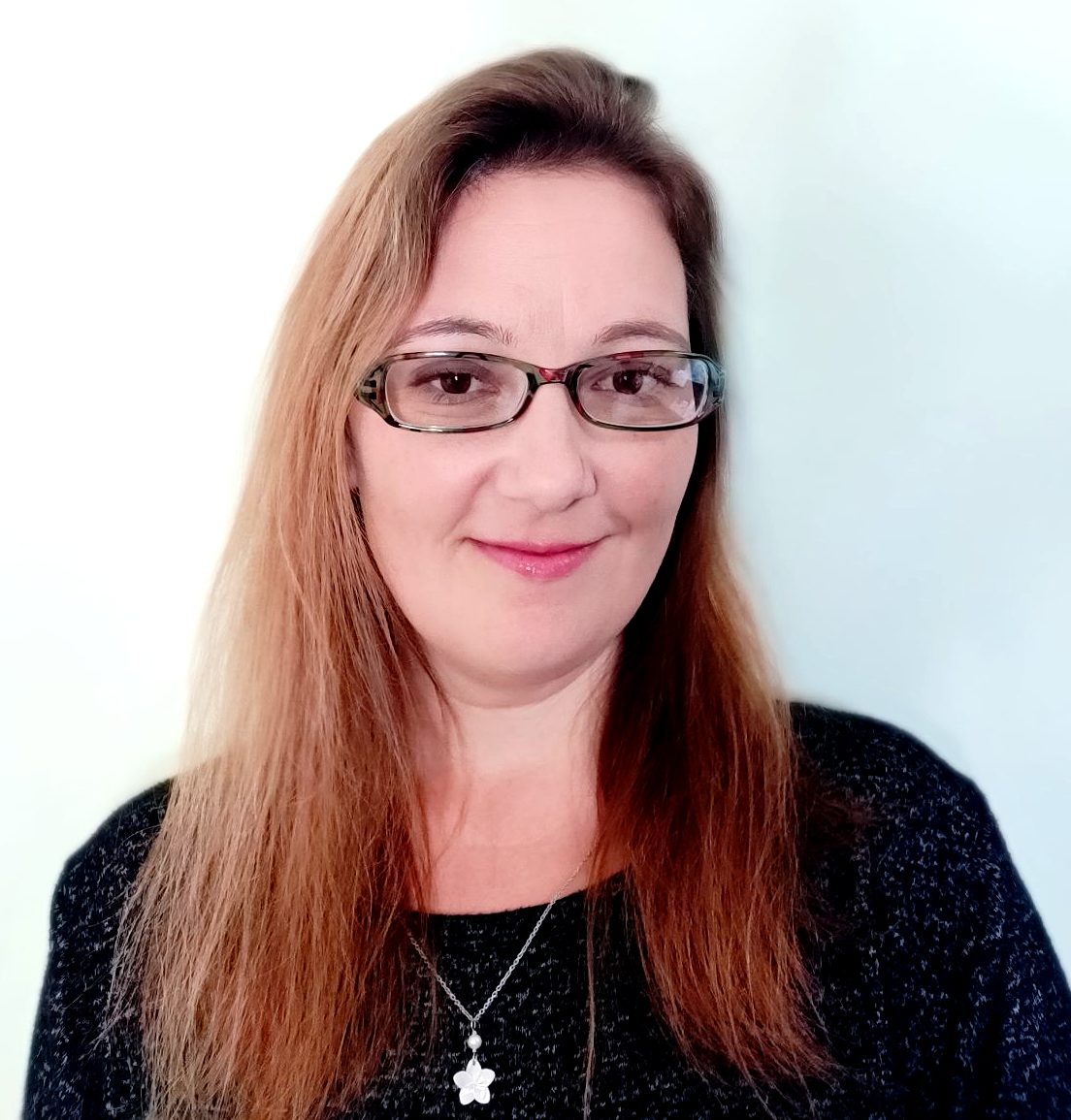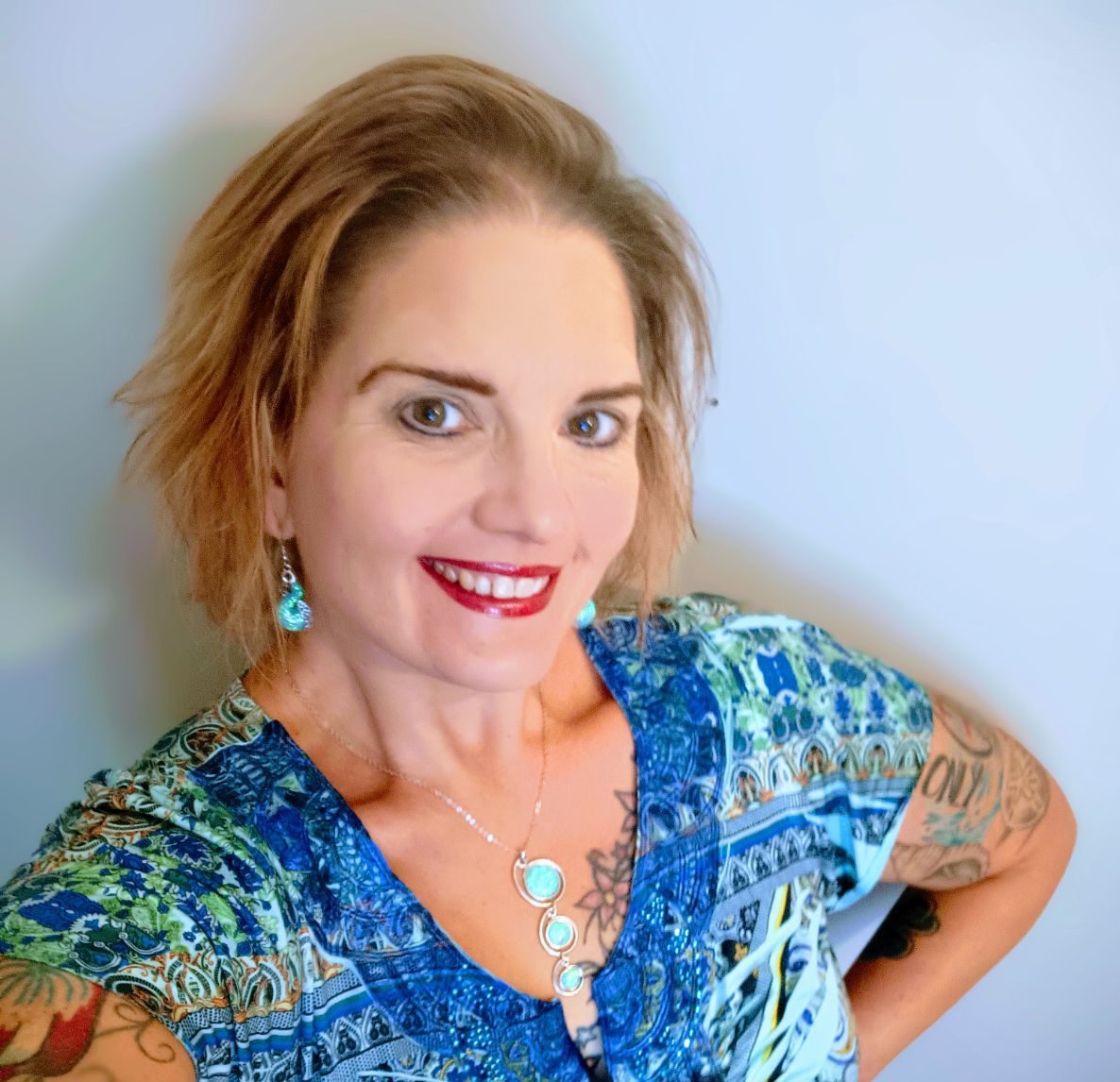Refreshing Your Child Care Policies
Refreshing policies for the new year can give a program an array of benefits. Creating policies for child care is essential to creating high-quality and long-standing programs, but that is only the first step. Taking the time to evaluate current policies and reflect upon what will be needed for the future can help ensure success in the long term.
Policies play a necessary part in the business aspect of child care, but this is only one piece for success in the overall program. Updating policies can keep today’s families engaged and help programs stay current with new health and environmental factors. It is also an opportunity to engage families and build community within your program so everyone feels heard and supported.
Valuable policies and handbooks help highlight what makes a particular program special to the community. It is also an opportunity to share a vision or mission of what the program stands for. With the fresh perspective of the new year, it is a great time to think about new goals for the program as well.
High-quality child care is essential for children to be successful in early learning programs, their future educational journey, and adult life. When effective policies are in place, there are clear expectations and responsibilities set for everyone. These expectations evolve as the program develops over time.
To keep policies current, they must be updated with new information regularly to be accurate and valid for today’s world. New research and information is available daily, and sometimes, it can be overwhelming to sort through the vast material.
As the new year approaches, it allows a natural time to reflect on what is working and what needs to be adjusted. Choosing a specific time of year to review current policies and discard outdated information can help serve as a reminder. Those needing help creating policies can contact local resources like Links to Quality and their local Child Care Health Consultant for support. Reaching out to fellow providers to discuss the current community issues and workshop solutions together can also help produce ideas and build community.
Gathering information from early childhood resources, staff members, and families is important when updating policies. Allowing others to give their thoughts and opinions gives them a voice and allows them to be heard. This builds support in the program and talking points for families, and early childhood care and education professionals as they decide whether or not the shared information will affect their policies. This allows a program to be tailor-made and support the community it serves. The input of the family and local community members who are experts in the field can help create strong policies that build a better program overall.
Once policies have been updated, they must be shared with all stakeholders. This could include families, staff, board members, and others affected by policy changes. This can be a great way to have open communication and trust among all involved. It also can create a partnership among members where all feel valued and comfortable sharing their ideas, suggestions, and experiences.
Keeping policies updated is essential to keeping programs current and setting expectations with families. All policies need updated information aligned with early childhood evidence-based practice to ensure the best environments for all children, families, and early childhood care and education professionals. As we begin a new year and think about what is to come, it is a great time to review handbooks and contracts to make the changes for the growth of the program.
-

Heidi Collins
Links to Quality Links Development Manager, Child Care Aware of Kansas
Heidi has been with CCAKS since October 2021 and is endorsed by the Kansas Association for Infant & Early Childhood Mental Health as an Infant Family Specialist. Heidi graduated from Wichita State University with a Bachelor’s in Psychology. She has worked in Child Care for 20 years, from a Teacher Assistant to an Executive Director.
-

Elisabeth Rhodes
Links To Quality Consultant, Child Care Aware of Kansas
Elisabeth has a master’s degree in early childhood teaching with an emphasis in Special Education. Before CCAKS, Elisabeth was an Early Childhood Special Education teacher for six years. She has a passion for all children and aspires to be a great resource for all her Early Childhood Care and Education Professionals and their programs.






